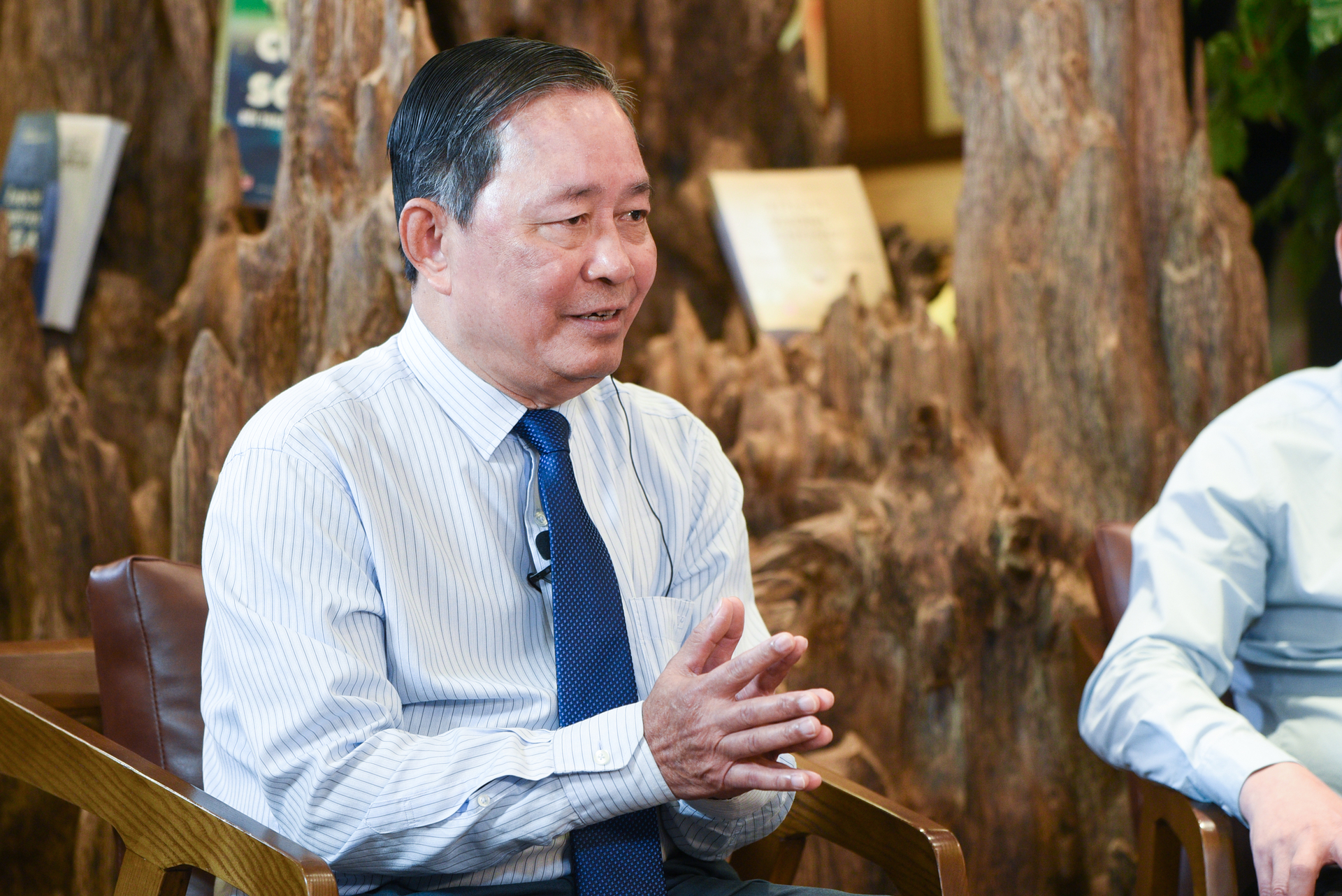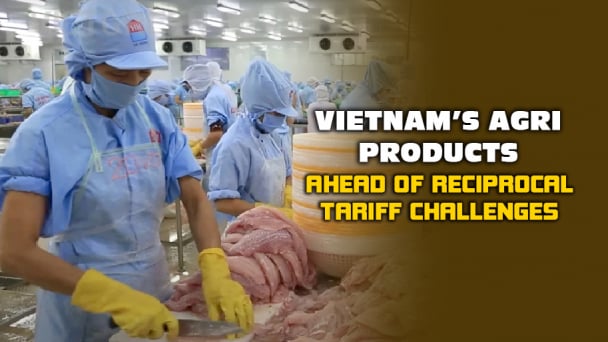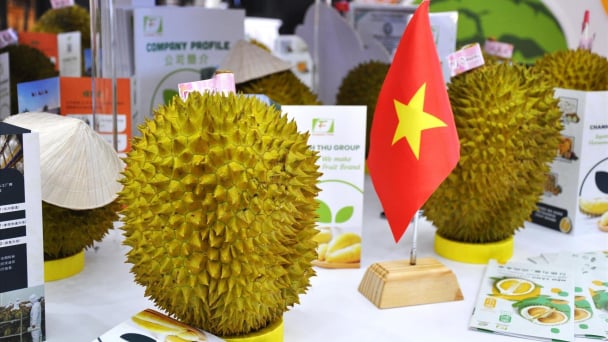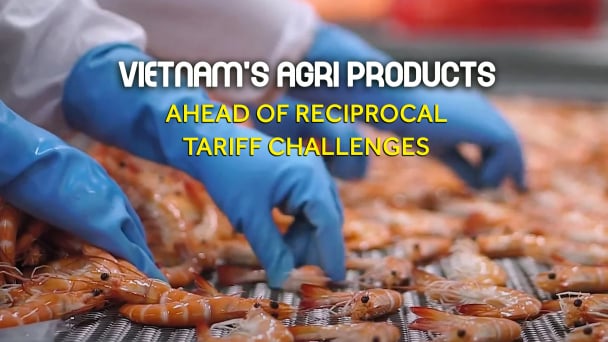May 30, 2025 | 10:06 GMT +7
May 30, 2025 | 10:06 GMT +7
Hotline: 0913.378.918
May 30, 2025 | 10:06 GMT +7
Hotline: 0913.378.918

Mr Nguyen Nam Hai, Chairman of Vietnam Coffee - Cocoa Association. Photo: Tung Dinh.
In nearly 18 months, the European Anti-Deforestation Regulation (EUDR) will come into effect, in that context, Mr Nguyen Nam Hai, Chairman of the Vietnam Coffee and Cocoa Association said that the EUDR represents the EU's responsibility for global environmental protection.
Besides, this also shows that with the Vietnamese coffee industry in particular, we need to join hands to protect the environment. Currently, coffee prices are at their highest levels in about 30 years, partly due to the effects of El Nino climate change.
“We comply with EU regulations to show the responsibility of the Vietnamese coffee industry to the environment. As Ms Tran Quynh Chi said, since 2000, we have done very little deforestation. Our total coffee growing area is about 680,000 ha, most of which are mature and well-preserved. According to EU regulations on anti-deforestation from December 31, 2020, I think our deforestation rate is small because that is the time of the Covid-19 pandemic", said Mr Nguyen Nam Hai.
Out of 680,000 ha of coffee, the export market to 27 EU countries is 39% of the total export turnover of the country's coffee. So, if done well, this is an opportunity to increase the market share of Vietnamese coffee in the EU.
Regarding difficulties, the Chairman of the Vietnam Coffee and Cocoa Association said that Vietnam's coffee industry is mainly produced by small and scattered farmers. Consequently, it is very difficult to trace the origin of the garden.
“We also need to warn farmers, otherwise there will be a phenomenon that people living on the edge of the forest can destroy forests to grow coffee when coffee prices are so high”, the Chairman emphasized.
To have suitable solutions for producers to effectively implement EUDR, Mr Nguyen Nam Hai said that the first thing to pay attention to is how our ministries, branches and localities have a database, facilitating the traceability of coffee from the garden. This is a very difficult issue.
“We can confirm that before December 31, 2020, there was almost no deforestation to grow coffee but it is very difficult to prove the origin required by the EU. Therefore, it is recommended to have the synchronous support of state management agencies, ministries, branches as well as localities to solve this problem", the head of the Vietnam Coffee and Cocoa Association stated his views.
Regarding this issue, he said that Vietnam must have an accurate forest map by December 31, 2020, to identify low-risk and high-risk areas. This is to serve screening and better traceability in the future.
“And when we implement EUDR, it will also affect the lives of some farmers, especially farmers in the forest and near the forest. Therefore, the Nation and ministries and local authorities must have a plan to support people's lives during the implementation of this regulation is", another recommendation made by the leader of the Vietnam Coffee and Cocoa Association.
Translated by Hoang Duy

(VAN) Reciprocal tariffs are exerting pressure on U.S. exports, prompting Vietnamese firms to shift their focus to Muslim markets, Thailand, and Brazil.

(VAN) A free booth for two years at Xinfadi, Beijing's largest wholesale market, will be allocated to Vietnam's agricultural products.

(VAN) Vietnamese shrimp exporters are actively looking for alternative markets and accelerating shipments to the United States in response to the pressure of impending reciprocal tariffs. This is occurring during a temporary tariff suspension.

(VAN) The import-export turnover between Vietnam and Singapore rose amid a trade rebound, with machinery, electrical equipment, and fuels making up the majority of the transaction value.

(VAN) Director General of the General Administration of Customs of China, Ms. Sun Mai Jun, has pledged to implement measures that will ease the import process for Vietnamese agricultural products.

(VAN) Although Vietnam is still increasing its coffee exports, the industry is currently in the process of determining market strategies in response to the U.S. imposition of reciprocal tariffs.

(VAN) With rising demand in Muslim-majority countries, Halal certification is becoming a critical passport for Vietnamese agricultural products seeking sustainable market access and consumer trust in the Middle East and Africa.